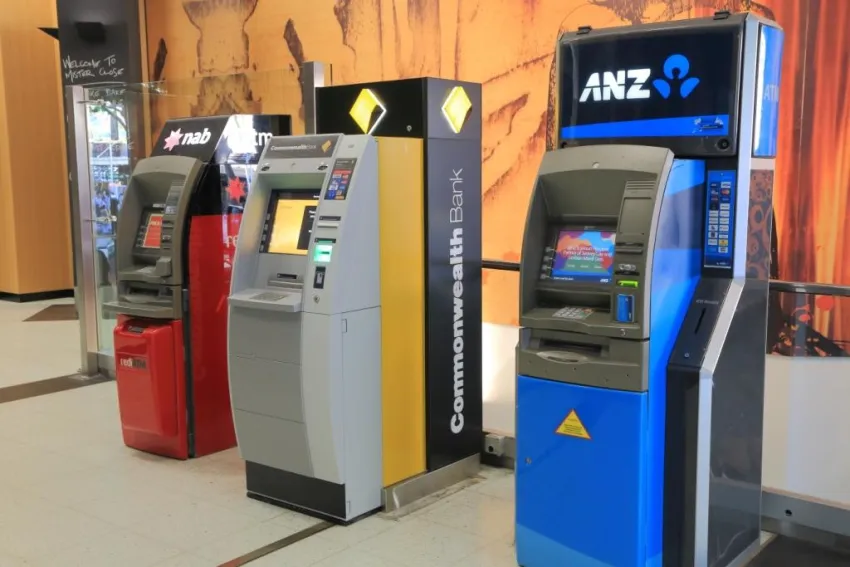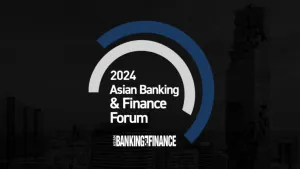
Australia's big banks are abusing their industry dominance: report
Consumers are being shortchanged by the oligopoly.
Australia’s Big 4 banks have consistently exploited the control they hold over more than three quarters of the country’s lending, deposit and credit card business to deliver inferior products to the Australian consumer, according to a government report released by the Productivity Commission.
“Australia’s banking sector is an established oligopoly with a long tail of smaller providers,” according to the report.
The banking sector is under intense scrutiny after an earlier probe by the Royal Commission surfaced damning evidence of systemic wrongdoing by the country’s big banking players which range from charging fees to the dead forging documents and lying to regulators.
Also read: Australian customers embrace smaller banks as top four bear brunt of scandal
As a result of their dominance, the Big 4 namely—Commonwealth Bank of Australia, National Australia Bank, Australia and New Zealand Banking Group and Westpac—are able to to pass on higher costs onto their customers and dictate prices in an effort to maintain their profit margins and retain their dominant status.
Banks are also well-placed to selectively offer products, prices or terms to different customers who are likely to end up being short-changed.
In this sense, the open banking effort can respond to this problem as consumers are empowered to take control of their own data to find the banking solution that best responds to their needs.
Also read: Open banking loses steam in Australia with 3 in 5 consumer hesitant to share data
In fact, bank customer satsifaction has plunged to its weakest showing in six years after falling to 78.5% in May according to a survey from market research firm Roy Morgan.
The Big 4 also benefit from lower funding costs as their size, scope and incumbency has boosted their share of the deposit market and allow them to gain better access to offshore funding rates and raise funds at cheaper rates.
“Adding cost to the larger banks without altering their market power does not lift competition, harms consumers and is counter-productive,” PC added.
On the other hand, micro lenders and non-bank institutions have to follow the pricing trend set by the Big 4 as they do not pose significant competition to their market dominance.
And the looming shadow of the Big 4 may just be forcing smaller players to team up with the number of organisations with a banking license plunging by almost 40% from 2005 to 2017 due to increased number of mergers.
Similarly, fintechs have yet to pose a considerable disruption to the dominance of the Big 4 despite their substantial growth in recent years.
“Global technology companies, said to be the potential disruptors, are yet to make a mark in banking and the broader financial system in Australia.”
Also read: Foreign banks flock to Australia as local lenders reel from probe
Credit rating agencies may also play a part in building the dominance of Australian banks as they benefit from a ‘too big to fail’ status reflecting the expectation of government bail outs. In assuming government support in case of financial crisis, rating agencies reinforce banks’ dominance and ‘too big to fail’ status.
However, the government is working overtime to allow more market entrants after passing a legislation easing restrictions on the use of the world bank which had been previously allowed for institutions with more than $37m (AU$50m) in capital which has led to at least 58 new entrants, Scott Morrison, treasurer told NYT.













 Advertise
Advertise










